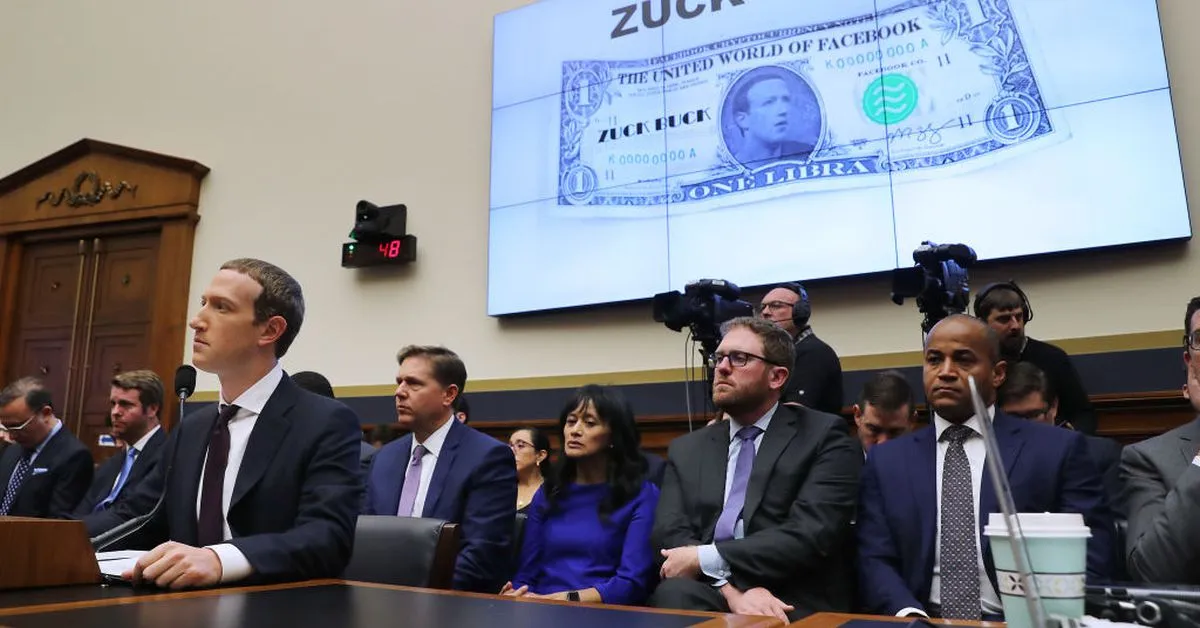It has been clear for many years now that Mark Zuckerberg, founder and leader of the biggest platforms in Web 2.0, wishes he was spending more time building in the crypto world. Now he’s at it again with Threads, Meta’s new Twitter-like social media app, which is leveraging the growing appeal of decentralization. We first saw Zuck’s crypto envy with the aborted Libra (Diem) payments token. We saw it again when Zuckerberg made the (still mind-boggling) decision to rename Facebook to Meta, partly inspired by blockchain-backed metaverses. Zuckerberg bet it all on a massive pivot that was obviously doomed to fail, and now definitively has.
Threads is a copy of an existing product, and is eventually set to use the same ActivityPub protocol as the open-source Mastodon system. ActivityPub is a protocol standard under the very mainstream W3C body which offers, among other things, a form of the data portability digital activists have long asked of social media services. The most direct influence on Threads’ backend design may well be BlueSky, Jack Dorsey’s experimental Twitter competitor, which is building its own answer to the ActivityPub protocol, AT Protocol.
Threads is not truly decentralized, as Meta still gathers data about users of the front-end Threads app. It is also unclear how portable Threads user data will be in practical terms. It is highly unlikely that Threads will become a new home for the discussions and personalities that make up crypto Twitter, as hostility to Meta runs extremely deep in crypto circles.
Elon Musk’s catastrophic takeover of Twitter has convinced a critical mass of people what crypto types have been warning for years: that any user-generated media platform with a single point of control (or in Elon’s case, failure) is bad for users over the long term. Meta smelled blood in the water and chose its moment to strike.
Threads using a decentralized backend is a major boost to the broader ActivityPub ecosystem, even if most of Threads’ users wind up not caring in the slightest. It is not the right champion to take the vision of truly public and decentralized digital infrastructure to the finish line, but it is a huge endorsement of the idea.
